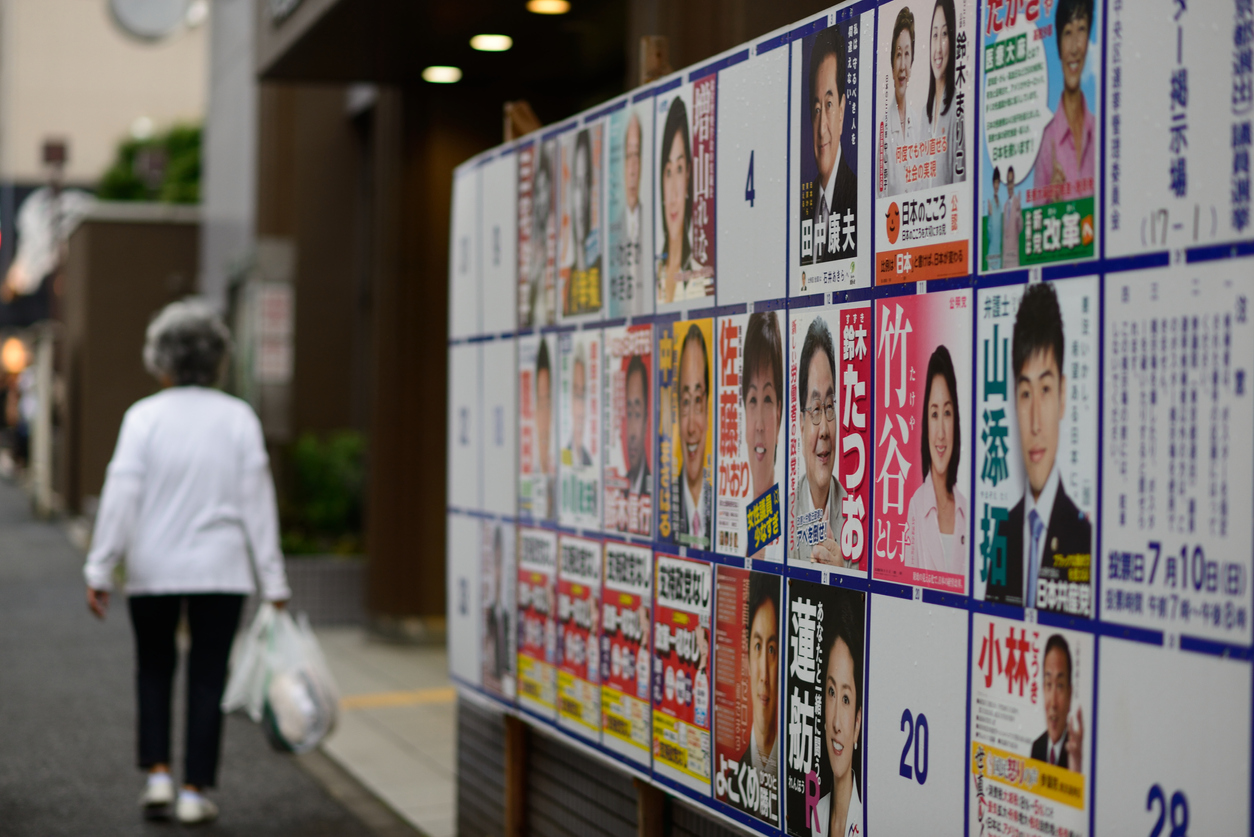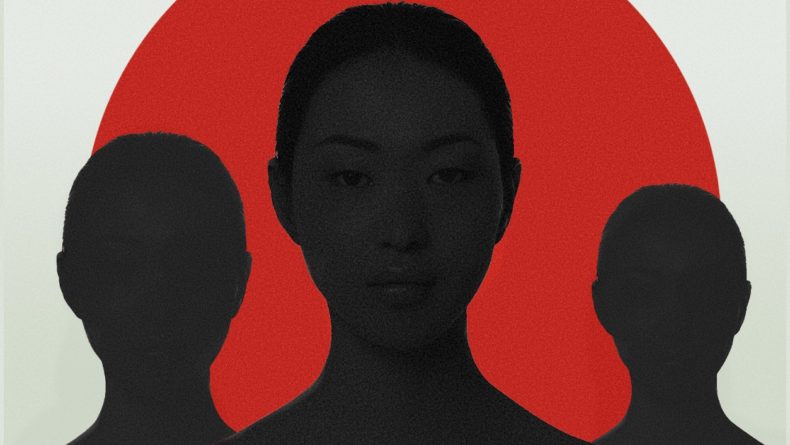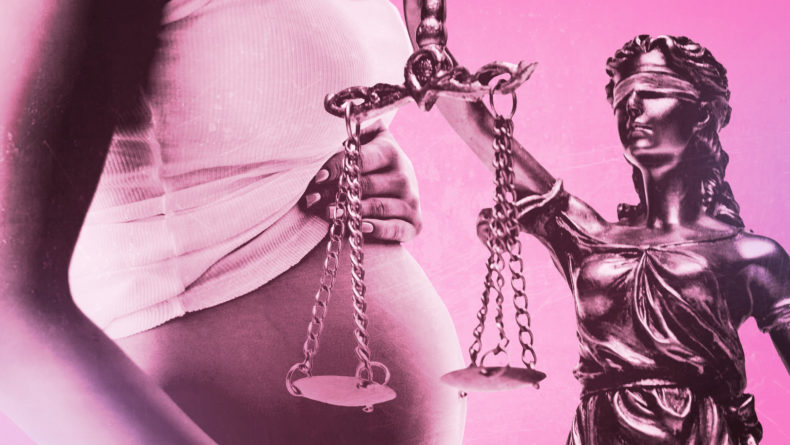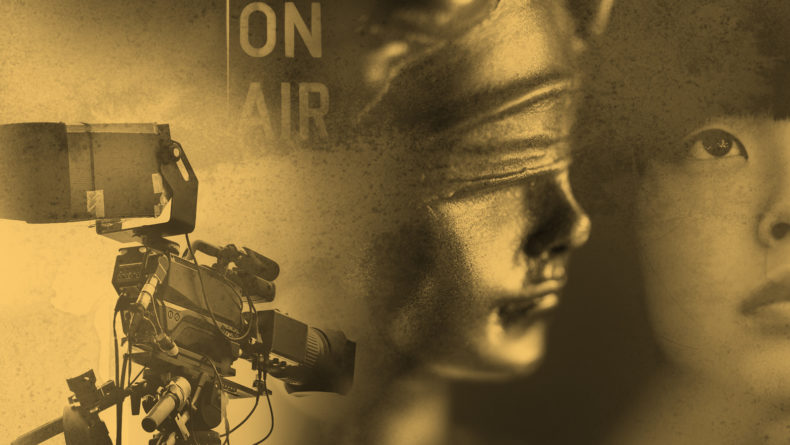10 Laws that Benefit Women in Japan
Legally things are better than they seem for women in Japan—at least on paper.
As feminist movements gain traction and more women get elected to government offices, Japan is poised to become a nation where women thrive. Yet, there’s still a ways to go. Here we look at parts of the Constitution paving the way for equal rights for women in Japan.
The July 21 election revealed an exciting trend in Japanese politics—28 women were elected to the upper house of Parliament, tying the record set in 2016. Though women now only make up 23 percent of seats, this is the highest number of female political representation in Japan’s history.
With a surge of women entering Japanese parliament, the game could very well change when it comes to who the law benefits in Japan. Historically, laws have favored men—they were the first to vote, they once had full control over their spouses, and continue to make more money than the opposite sex today.
Yet, the playing field will likely be leveled with time. Though the state of women’s rights in Japan is often under scrutiny, the nation has made strides in recent years to better the lives of women, hinting that things are only going to get better.
Let’s look at 10 Japanese laws already in place that are benefiting women in Japan.
1. The right to divorce in 1896

We know that marriage contracts—though legally binding until at least one of the participating parties perishes—were made to be broken.
Yet, the epidemic of divorce is a relatively new phenomenon, especially for women.
Article 728 of Japan’s Civil Code (also known as Act No. 89 of 1896) granted women the right to separate from their spouses. Matrimony has existed in some form in Japan for centuries, yet only about 100 years ago did half the equation have the power to end it. Imagine having no way out of an abusive or dead-end marriage!
The Civil Code further prohibited nuptials between close and adopted relatives and required minors to receive consent from their parents to wed.
The Act also included this sentence: “A woman may not remarry unless six months have passed since the day of dissolution or rescission of her previous marriage.” This was to avoid confusion regarding paternity should a recently divorced woman end up pregnant. It wasn’t until a 2013 amendment that this period was shortened to 100 days. Presumably, because paternity tests are a thing now.
2. The right to vote in 1947

The end of World War II and subsequent US occupation introduced numerous changes in Japanese society and politics, including a brand new constitution.
Put into effect in 1947, one of the most groundbreaking new additions gave women the long-awaited and fought-for right to vote. The following year saw a surge in women-occupied political positions, a trend that has continued—albeit slowly.
Convincing people of all genders to vote remains a struggle and women still make up less than a third of Parliament. Yet, strides continue to be made. In 2018, a non-binding act, called the Act on Promotion of Gender Equality in the Political Field, was passed requiring political parties to encourage an equal number of men and women to run for office. While it’s a shame such an act is needed, it’s something, dammit!
3. The Maternal and Child Health Act of 1966

Motherhood is a burden only women can bear. Though rewarding, it comes with many hurdles and dangers, the most deadly being childbirth itself—at least historically.
Before modern medical technology, many women in Japan didn’t survive labor. Then came WWII, a calamity that forced women to give birth at home instead of in hospitals and brought malnutrition into the mix. Conditions were bleak. Babies had a hard time surviving through infancy and mothers didn’t fare much better.
The 1966 Maternal and Child Health Act changed all of that. It synthesized a number of initiatives and discoveries of the 20th century thus far—things like healthy diets and vaccinations—and introduced a comprehensive new guide for mothers called the Maternal and Child Healthcare Handbook. The implementation of new health and education measures, as well as strengthening initiatives like universal health care (which launched in 1961), significantly decreased both maternal and infant mortality rates. Japan now boasts less mother and early childhood deaths than almost anywhere in the world.
Even more reassuring is the average life expectancy at birth for females. At 87.26 years, Japan’s women live substantially longer than women of other countries—well beyond peak fertility.
4. The Equal Employment Opportunity Law of 1986

The postwar economic boom saw a rise in the number of female workers. Young single women got full-time gigs as factory employees or secretaries. The advent of the “three treasures”—electric washing machines, refrigerators, and vacuums—gifted housewives with more free time, encouraging many to take up part-time work.
Yet, women encountered discrimination in the workplace. Archaic ideas of gender roles persisted; not only was it difficult for women to get a job in the first place, but those who were lucky enough to get one faced many challenges in keeping it. Many companies strongly encouraged (if not required) women to retire once they got married. Plus, harassment was rampant.
The Equal Employment Opportunity Law of 1986 eventually granted women the same rights as men, at least in theory. It prohibited companies from dismissing women for taking maternity leave and asked them to “endeavor” not to discriminate based on gender.
Later revisions were more strict, prohibiting gender discrimination in regards to employment, placement, and promotion and requiring employers to consider prevention methods against sexual harassment.
5. The Parental and Childcare Leave Law of 1992

Another much needed, work-related law came to pass a few years later: The Parental and Childcare Leave Act.
This law prohibits business owners from firing or demoting employees who have applied for childcare leave (horrifying to think that was once a thing).
In part prompted by Japan’s falling population crisis, the law was created in hopes of easing anxiety surrounding the journey that is parenting—such as affording childcare and employment security—and concerning work-life balance.
Though both fathers and mothers are granted this right, most men don’t take it. Also, maternity harassment persists at an alarming rate. It’s clear that although the law has changed, many people’s attitudes remain unmoved. But, at least Japan has one of the longest paid maternity leaves in the world.
6. The Maternal Body Protection Law of 1996

Abortion in Japan is a messy and confusing subject, largely because it’s simultaneously legal and illegal.
In 1869, abortion was banned nationwide. In 1907, punishments for abortion became more severe according to the nation’s new penal code. This “Criminal Abortion Law” is still technically in effect today.
However, new legislation that has been passed since then has created enough loopholes to somehow make it viable.
The Eugenic Protection Act of 1948 made induced abortion legal, years before many other industrialized nations. This was updated as the Maternal Body Protection Law in 1996 to remove the connection to eugenics.
According to the Ministry of Health, in 2016 there were 168,015 abortions in Japan. The fact that these were in medical facilities and not back alleys insinuates abortion is indeed widely practiced and approved of.
7. The introduction of anti-stalking laws in 2000

Stalking prevention laws were passed in 2000… but only after media attention from the murder of a university student who had been a stalking victim.
21-year-old Shiroi Ino was tragically stabbed to death in 1999. Her assailant was hired by a man she briefly dated who stalked and harassed not just her, but her family and friends as well for months. The police failed to take action even after numerous reports, leading to her untimely death.
The Anti-Stalker Act introduced jail time and restraining orders. It was expanded in 2013 to include e-mail harassment, after yet another widely publicized murder of a young woman in 2012. She had also reported harassment to police to no avail.
Stalking reports are rising in Japan faster than in any other country. Nearly 21,000 reports of stalking were made in 2013—90.3% of the victims were women and 86.9% of the perpetrators were men. Clearly, the law was necessary (but could also be improved).
8. The Domestic Violence Protection Law of 2002

In 2002, Japan passed a long-overdue law against domestic violence.
This was the first time physical spousal violence was considered a crime—before, such incidents were considered private matters outsiders shouldn’t meddle with. It was also a given that men could treat their spouses in whatever way they wished.
One victim of abuse reportedly told the Japan Times, “Once, a policeman went so far as to tell me that they cannot do anything until I die.”
The law was revised in 2004, extending the definition of violence to include psychological abuse.
Though the law doesn’t protect same-sex couples and people not in relationships (sibling abuse, for instance), it finally brought to light one of Japan’s darkest problems.
9. Creation of child pornography laws in 2015

Here’s the worst thing you’ll read today—laws against child pornography in Japan weren’t in place until 2015.
According to a 2013 U.S. Department of State report on human rights, Japan was considered an “international hub for the production and trafficking of child pornography.”
Japan has a fascination with young women, as is clear from ubiquitous depictions of uniform-clad girls everywhere from manga to advertisements. It’s no accident that groping victims are disproportionately school-aged. Having this act in place means young girls (and boys) are protected from such exploitation and abuse.
The age of consent in Japan remains shockingly low, however, at 13.
10. Update to sex crime laws in 2017

In 2017, the country’s archaic sex crime law within the Penal Code was revised for the first time in over 100 years. The purpose was to expand the acts that constituted rape.
Previously, the law was confined to vaginal penetration by a penis—the new definition now covers forced anal and oral sex, meaning men and boys can be considered rape victims.
Also, the minimum sentence was increased from three years to five years of imprisonment (still not long enough in my opinion).
Considering journalist Shiori Ito’s widely publicized assault and Japan’s rampant groping and harassment problems, the updated law is a good start. It’s also helped encourage women to speak out more, promising even better changes to come.
Moving Forward
Not every law on this list is always enforced in everyday society and some could certainly be improved. Other problems persist—many people in Japan don’t take advantage of the law due to social pressure or because they simply aren’t aware of their rights. Yet, laws are in place to protect them (and the ones not doing a good enough job can always be amended).
Current feminist trends are promising, too. As struggles for equal rights continue to gain visibility worldwide, more and more women will be encouraged to speak up and lend their voices to the cause. With women increasingly doing so at the government level, it’s likely that even more laws and amendments catering to their needs will be put into place, contributing to a society where both men and women can thrive.
Keep an eye out for our follow-up article about Japanese laws that don’t do women any good.
















Leave a Reply